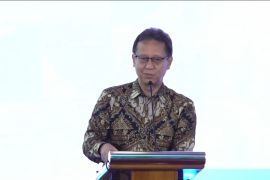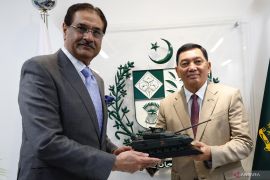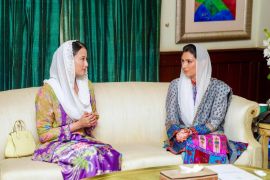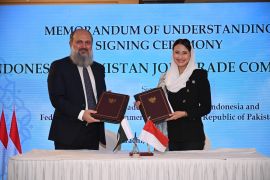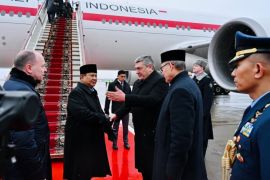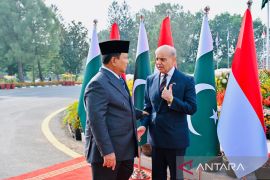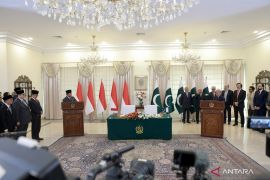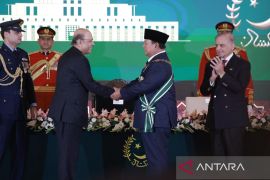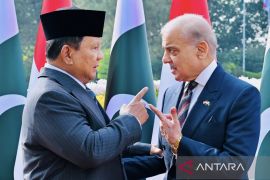The relationship is considered crucial to efforts to stabilize Afghanistan before most foreign combat troops withdraw at the end of 2014. Pakistan has strong traditional links with the Afghan Taliban and other militant groups.
U.S. President Barack Obama met Pakistani Prime Minister Yusuf Raza Gilani in Seoul this week, expressed hope that Pakistan`s parliamentary review would respect U.S. security needs.
"It`s been a week and we`ve been sitting like idiots doing nothing," a member of parliament from the Pakistan Muslim League-N faction, the largest opposition party, told Reuters.
"Everyone sat down in the national security committee behind closed doors and worked out what would be best. Now, all of a sudden, they`re not clear about what they want?" the lawmaker said, requesting anonymity because of the sensitivity of the subject.
Pakistan and the United States have suffered 15 months of bad blood, capped by a Nov. 26 cross-border skirmish that killed 24 Pakistani soldiers.
After that, Pakistan shut down crucial supply lines for NATO troops fighting in Afghanistan and tasked a parliamentary committee to review all U.S. ties, including an end to U.S. drone strikes.
But four days after the scheduled start of the debate, parliamentarians have instead focused on domestic issues like violence in Karachi and frequent power outages.
Failure of parliament to come to an agreement on ties with the United States could leave NATO supply routes into Afghanistan in limbo just as the war is winding down.
Politicians and military officials have said that the NATO routes should be re-opened, but only after charging more for their use. But because of virulent anti-Americanism in Pakistan, no one wants the blame for what would be seen as bowing to the Americans.
"The closer we come to an election the less likely a weak political government, a weak coalition, will take on sacred cows or go against populist positions," said Cyril Almeida, a columnist for the national daily "Dawn". (*)
Editor: Kunto Wibisono
Copyright © ANTARA 2012

